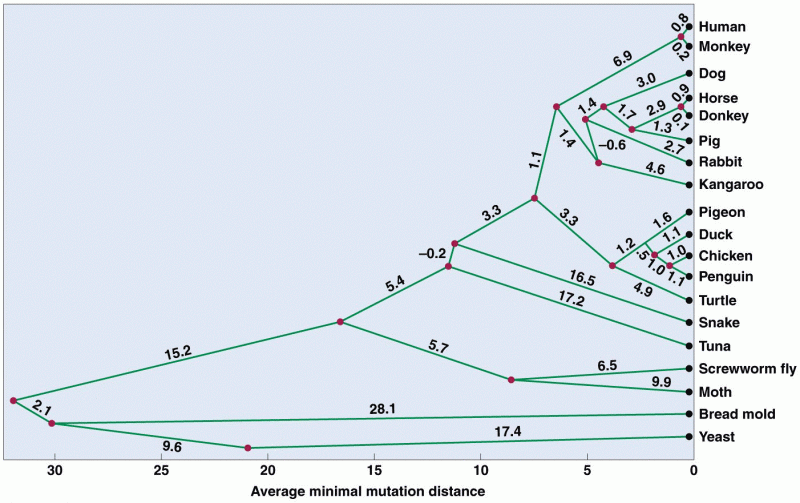|
|
|
Everyone has one nostril that is larger than the other.
Acetaminophen (Tylenol) in overdose can seriously damage the liver. It should never be taken by people who use alcohol heavily; it can result in severe liver damage and even a condition requiring a liver transplant.
Certain rare plants containing cyanide include apricot pits and a type of potato called cassava. Fortunately, only chronic or massive ingestion of any of these plants can lead to serious poisoning.
Many medications that are used to treat infertility are injected subcutaneously. This is easy to do using the anterior abdomen as the site of injection but avoiding the area directly around the belly button.
Despite claims by manufacturers, the supplement known as Ginkgo biloba was shown in a study of more than 3,000 participants to be ineffective in reducing development of dementia and Alzheimer’s disease in older people.
 Every society has boundaries that divide what is considered socially acceptable from what is not ...
Every society has boundaries that divide what is considered socially acceptable from what is not ...
 The fuelpressure sensor and fueltemperature sensor are often constructed together in one assembly ...
The fuelpressure sensor and fueltemperature sensor are often constructed together in one assembly ...





